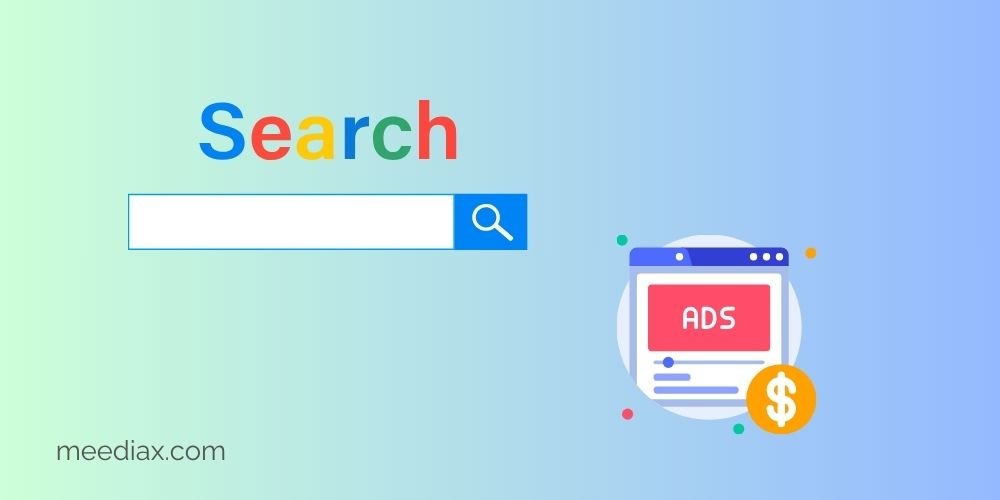Organic Search vs Paid Search Results: A Tale of Two Paths
When you search for something online, the results you see are a blend of organic search and paid search results. Understanding the difference between them is crucial for businesses looking to maximize their online visibility.
Organic search results are the holy grail of SEO (Search Engine Optimization). They are the listings that appear naturally, based on the relevance and authority of a website to the user’s query. Think of them as earning your place on the search engine’s team.

How are organic results earned? Through diligent SEO efforts:
- Keyword research: Identifying relevant keywords your target audience uses to search for information or products.
- Content optimization: Creating high-quality content that answers user queries and aligns with those keywords.
- Technical SEO: Ensuring your website is mobile-friendly, fast-loading, and adheres to technical best practices.
- Backlink building: Earning links from other reputable websites to your own, boosting your website’s authority.
Paid search results, on the other hand, are bought, not earned. They are the ads displayed at the top of the page or alongside organic results, marked with “Ad” or a similar label. Think of them as renting a billboard on the search engine highway.

How are paid results achieved? Through advertising platforms like Google Ads:
- Campaign setup: Defining your target audience, keywords, and budget.
- Bid placement: Setting bids for the keywords you want your ad to appear for, competing with other advertisers.
- Ad creation: Crafting compelling ad copy and visuals that attract clicks.
- Landing page optimization: Ensuring the page users land on after clicking your ad is relevant and converts visitors into customers.
Key differences to remember:
- Cost: Organic search results are free, while paid results require ongoing investment.
- Control: Organic results offer more control over the content and message, while paid ads have stricter character limits and formatting requirements.
- Targeting: Both can be targeted, but organic results tend to attract users further along the buying journey, while paid ads can reach a broader audience.
- Longevity: Organic results provide long-term benefits, while paid ads only show when you’re actively paying.

For small businesses, a balanced approach is often the best strategy. Utilize SEO to build organic visibility and credibility, while using paid ads for targeted campaigns or during specific promotions.
Remember, both organic and paid search results are valuable tools in your digital marketing arsenal. Understanding their differences and using them strategically can help you drive traffic, generate leads, and ultimately achieve your business goals.
I hope this clarifies the distinction between organic and paid search results! If you have any further questions, feel free to ask.

